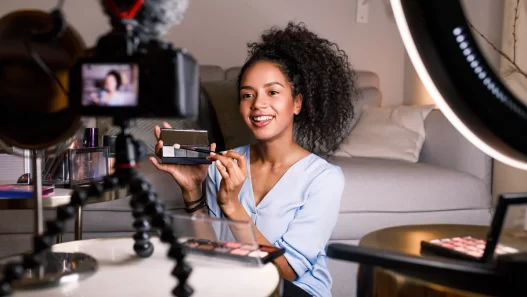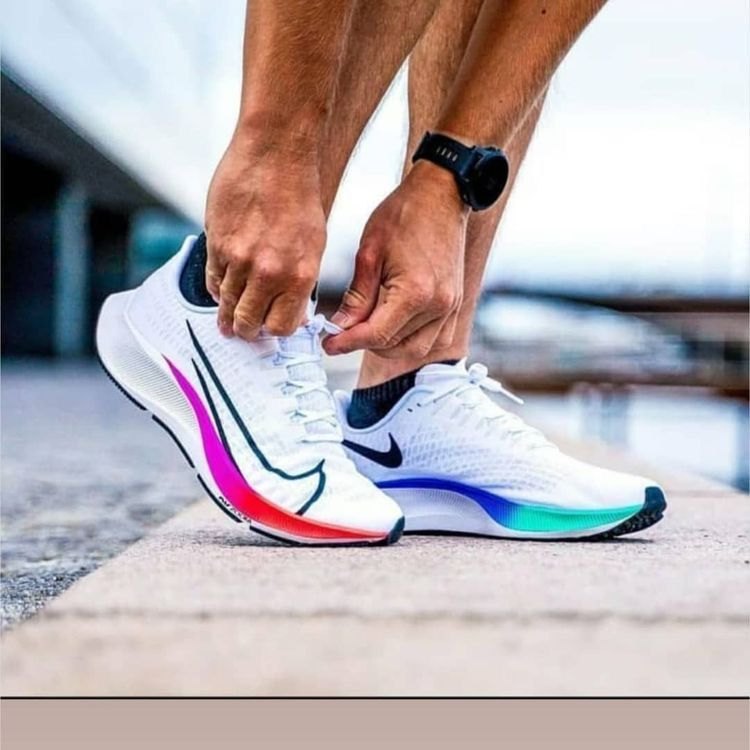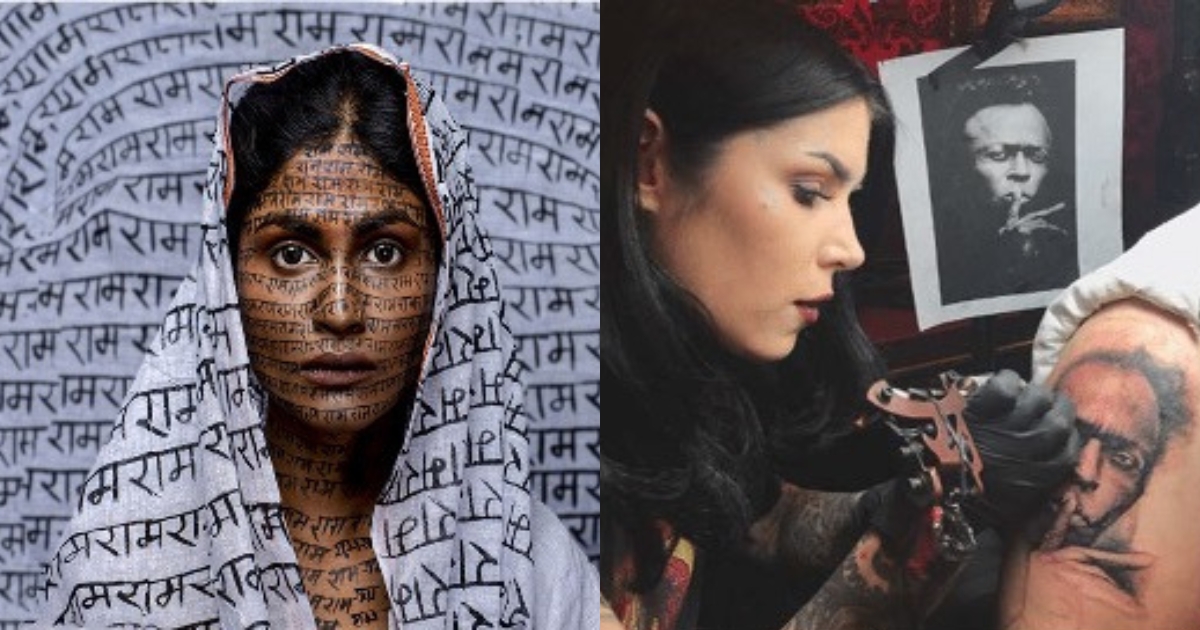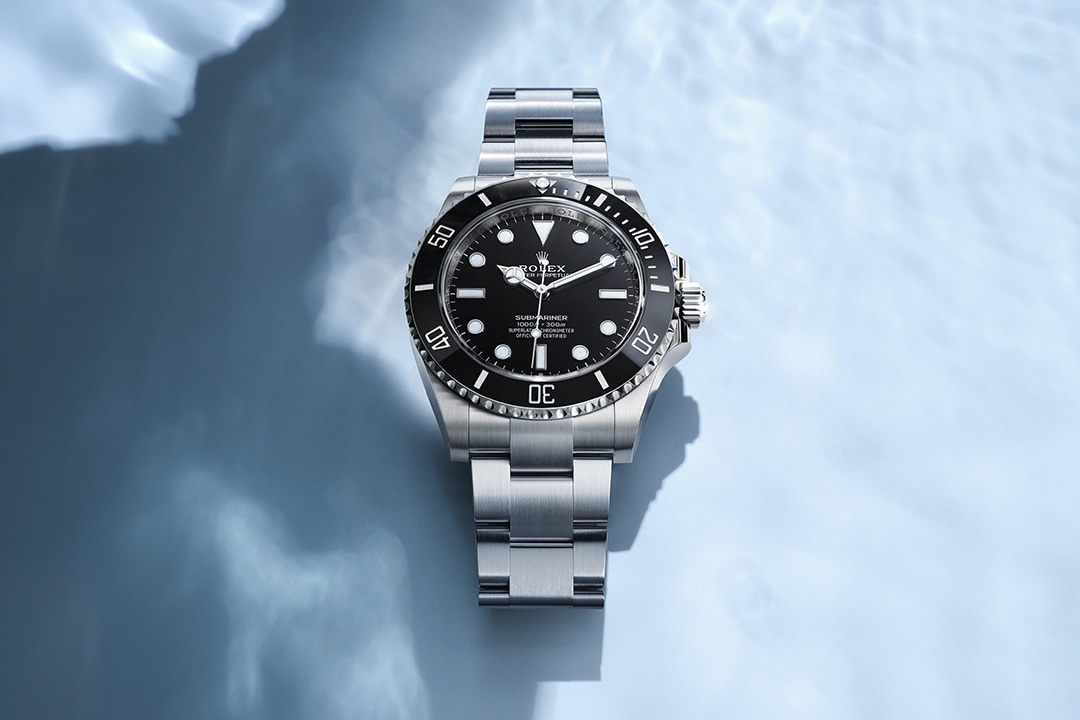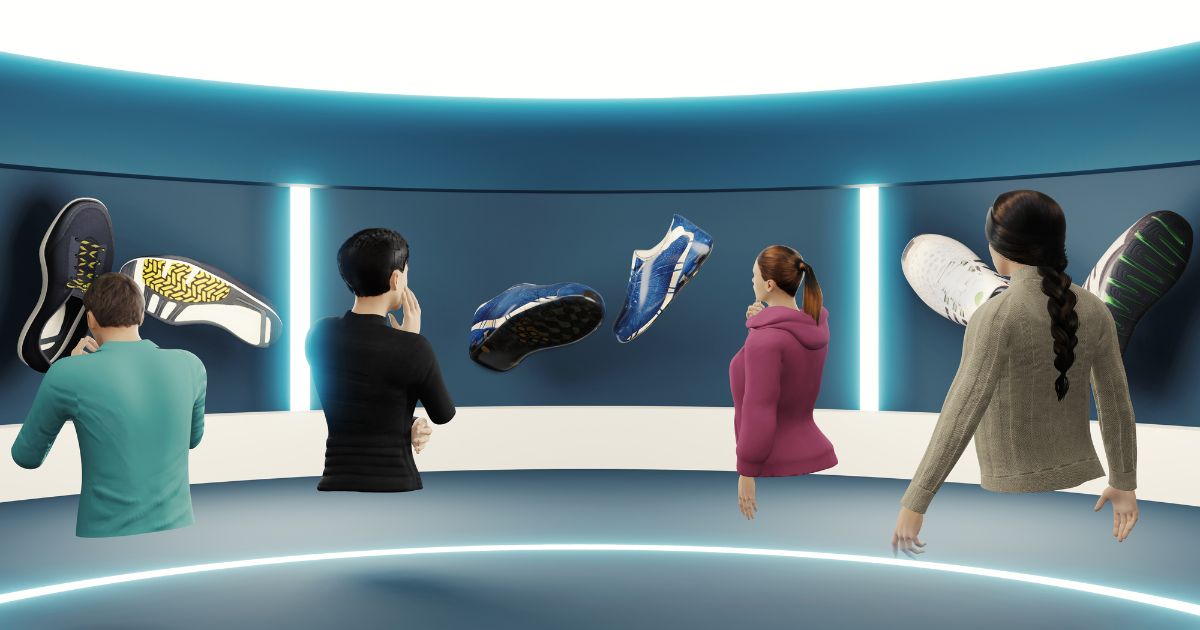In the highly competitive world of athletic footwear and apparel, Nike is known for blending aesthetics and technology, resulting in cutting-edge designs that are innovative and trending. Renowned not only for innovations but also for its fierce method of safeguarding intellectual property rights, Nike has been leading the sports manufacturing industry. However, the brand recently suffered a setback in its attempt to register the term “footware” which sparked controversy. This move has ended up in legal tussles between Nike and other leading sports manufacturing players like San Antonio Shoes and Puma. This dispute has unfolded the need for a balance between intellectual property protection and fair competition in the industry.
STORY SO FAR
The saga began on March 21st 2019 when Nike filed a trademark application before the U S Patent and Trademark Office (USPTO) for registering the word “FOOTWARE” for use in connection with sneaker-specific “computer hardware modules for receiving, processing, and transmitting data in the Internet of things electronic devices; electronic devices and computer software that allows users to remotely interact with other smart devices for monitoring and controlling automated systems,” among other hardware and software products and services. The term is applied for registration under the goods in classes 9, 38 and 42, which covers software and hardware for transmitting, receiving and processing data in relation to the Internet of Things (‘IoT’), electronic devices telecommunication services and software services to facilitate the interoperability of devices and the connection to networks and IoT . The same was done during the time at which Nike was trying to expand its lineup of smart shoes.
The journey took an unexpected turn when the San Antonio Shoes filed its initial opposition in July 2020. This move has led to the rejection of Nike’s application by the Trademark Trial and Appeal Board (TTAB). San Antonio Shoes contended that the term “ footware” was often used interchangeably with the term “footwear” to denote foot-worn wearable technology. The combination of foot and ware did not create a distinct word, but rather, it gives the word merely a descriptive feature under Trademark Act Section 2(e)(1) 15 USC 1052(e)(1) and is not capable of acquiring distinctiveness under Section 2(f), 15 U S C 1052(f). Hence it was contended that S 2 (e)(1) prohibits the registration of the term. Furthermore, it was contended that rearranging the letters did not remove the inherent meaning ascribed to them and that giving registration for the term would prevent the other competitors from using the term in commerce.
MERELY DESCRIPTIVE?
The Board accepted the arguments made forward by the SAS and held that the terms “foot” and “ware” do not create a separate and distinctive word; rather, this combination is just a merely descriptive term. The Board further held that despite Nike being the first user of this term, it doesn’t remove the fact that it is merely a descriptive term and does not attribute new meaning to it. Hence, the application was rejected. This decision mirrors the intention of the Board to prevent any single brand from monopolising a term that has widespread relevance, considering the evolving nature of the technology in footwear.
Nike has the option to appeal the decision rendered by the Board. The outcome of such an appeal will have a far-reaching impact on how the jurisprudence perceives the trademarking of words like footware, which merely has a descriptive meaning. This also outlines the determination of the brand to secure exclusive rights over this term as they are on the verge of expanding their smart sneakers collection
This is not the first time Nike has been entangled in a trademark dispute over the term “footware”. In 2019, in a similar manner, Nike filed a trademark application before the European Union Intellectual Property Office (EUIPO). The same was challenged by the German sportswear company Puma in January 2023. Nike application, which was filed in both the UK and the US, was opposed by Puma.
CONCLUSION
The legal battle for the term “footware” underscores the fight between companies in protecting their innovation through IPR as well as the need to prevent the monopolisation of terms that would result in unfair competition. This case highlights the balance that must be created in a market to prevent monopolisation and, at the same time encouraging innovations. As the distinction between fashion and technology is getting blurred out, the legal dispute underscores the need for a standardised system to take care of such trademark conflicts. A clear boundaries and guidelines must be established to protect the innovation while preventing monopolisation.
Author: Meghana S S, a student at NUALS







